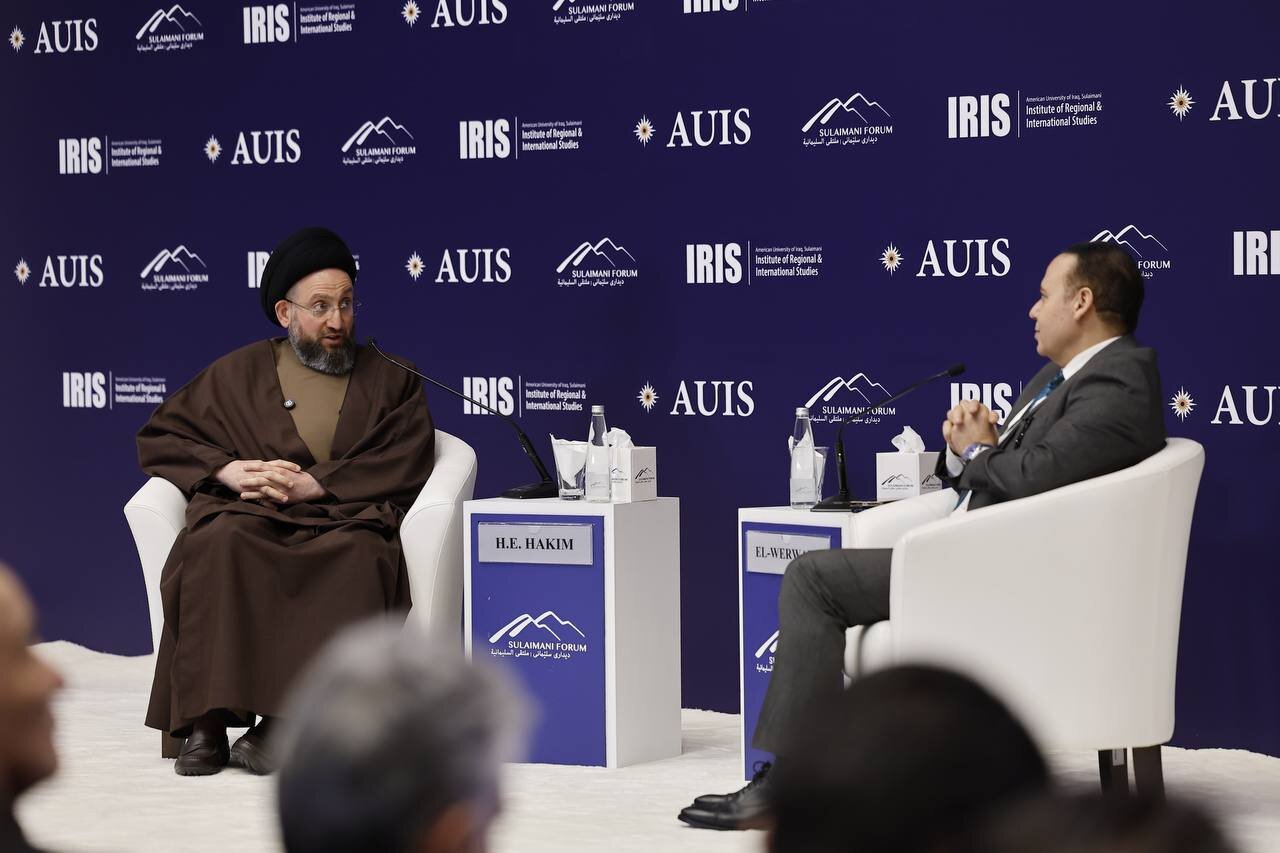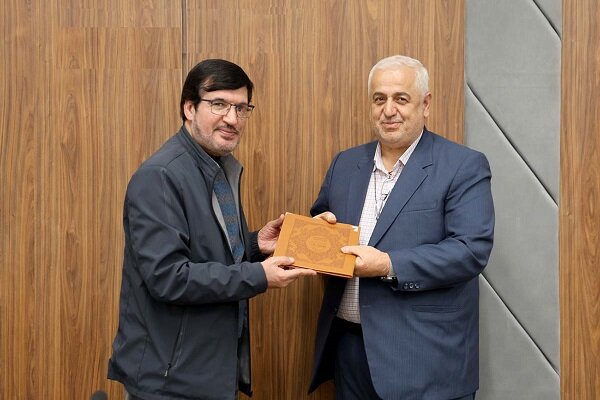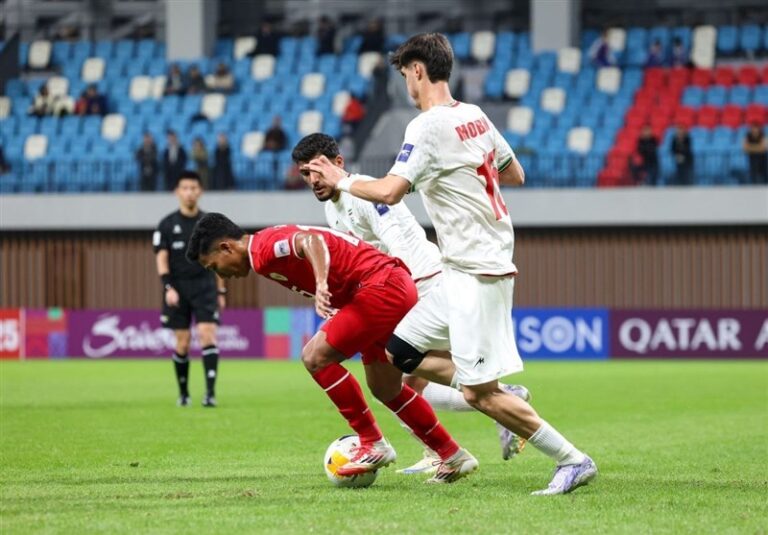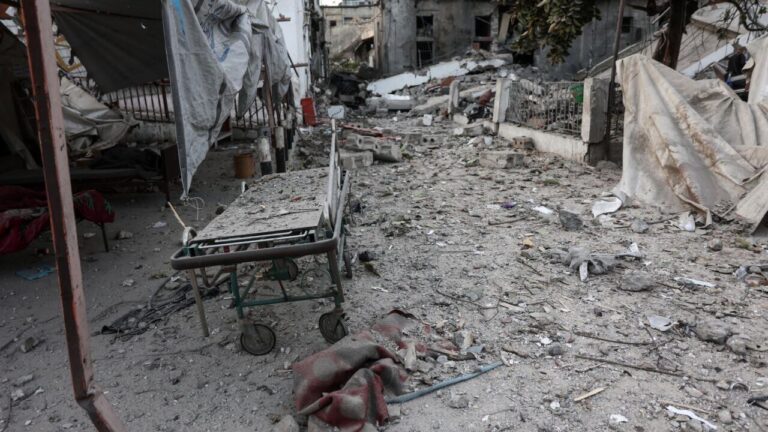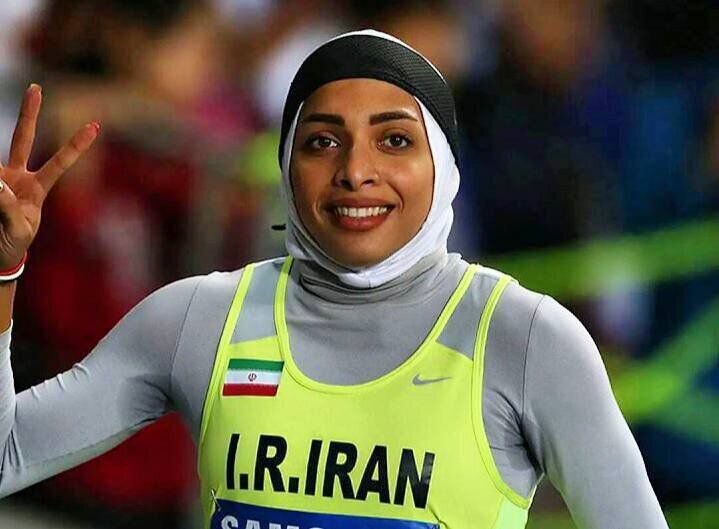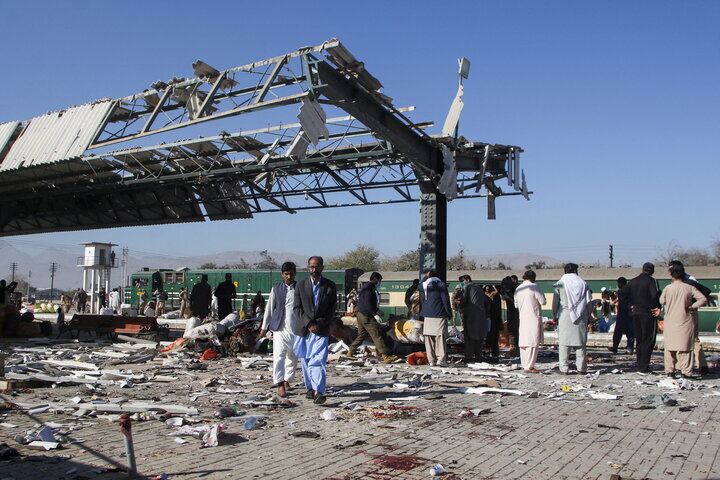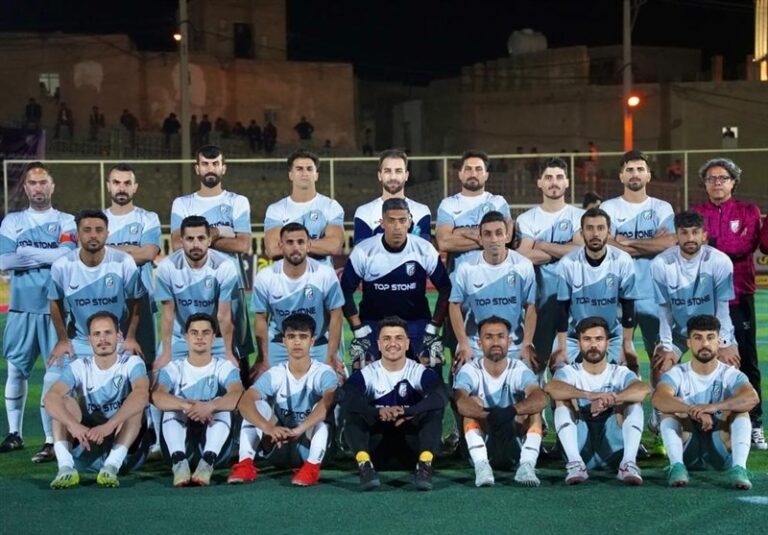Iraq Set to Gain as Iran and U.S. Engage in Groundbreaking Dialogue
The ongoing discussions between Iran and the United States present a remarkable opportunity for Iraq, according to Ammar Hakim, the leader of the Iraqi National Wisdom Movement. This dialogue is pivotal, as it can significantly enhance Iraq’s political and economic landscape, leveraging its strong cultural and social ties with Iran.
During his address at the Sulaymaniyah International Conference, Hakim emphasized the historical context of U.S. involvement in Iraq, stating that the United States played an essential role in dismantling dictatorship and supporting the establishment of a democratic framework. He underscored Iraq’s dedication to nurturing relationships that align with mutual interests and foster sustainable development across the region.
Hakim reflected on the legacy of his late uncle, Sayyed Abdul Aziz Hakim, who was a prominent advocate for dialogue between Iran and the U.S. in 2007. He noted that this initiative was ahead of its time and crucial for regional stability. The cleric believes that Iraq is in a unique position to reap the benefits of the current diplomatic engagements, as the positive atmosphere surrounding these talks has generated a sense of hope throughout the region, particularly within Iraq.
Key Points from Ammar Hakim’s Speech:
- Significant Gains for Iraq: The ongoing talks between Iran and the U.S. could lead to substantial benefits for Iraq.
- Cultural and Economic Ties: Iraq shares deep cultural, economic, and social connections with Iran.
- U.S. Role in Iraq’s Democracy: The United States has played a vital role in dismantling dictatorship and aiding democratic development in Iraq.
- Legacy of Dialogue: Sayyed Abdul Aziz Hakim was a pioneer in promoting dialogue between Iran and the U.S.
- Hope for the Region: The current diplomatic discussions have fostered hope throughout Iraq and the surrounding areas.
- Dialogue as the Only Solution: Hakim emphasized that dialogue is the most viable path forward for both countries and their neighbors.
Hakim’s remarks highlight the importance of diplomacy and communication in resolving conflicts and fostering cooperation. He pointed out that the historical context of U.S.-Iraqi relations has paved the way for Iraq to act as a bridge between Iran and the United States. Such a role could facilitate better understanding and cooperation, which is essential for regional stability.
He stated that the ongoing dialogue could lead to various economic and political benefits for Iraq, including potential investments, trade agreements, and improved security cooperation. As Iraq navigates its relationships with both Iran and the United States, the potential for a more stable and prosperous future remains within reach.
Furthermore, Hakim urged all regional players to engage in constructive dialogue, emphasizing that the costs of not doing so could be detrimental. He called for a collaborative approach that prioritizes peace and development over conflict.
Implications for Future Relations:
- Enhanced Economic Cooperation: Successful dialogue could lead to improved economic ties and investment opportunities.
- Strengthened Security Alliances: Collaborative efforts can bolster security measures in the region.
- Diplomatic Engagement: Ongoing discussions can pave the way for further diplomatic initiatives.
- Regional Stability: A united approach can contribute to long-term peace and stability in the Middle East.
In conclusion, Ammar Hakim’s emphasis on the importance of dialogue underscores the need for Iraq to leverage its unique position amidst the ongoing Iran-U.S. talks. As Iraq continues to foster relationships that align with its national interests, it stands to gain not only economically but also politically and socially. The future of Iraq could be brighter if these diplomatic efforts yield positive results, leading to a more harmonious regional relationship.
